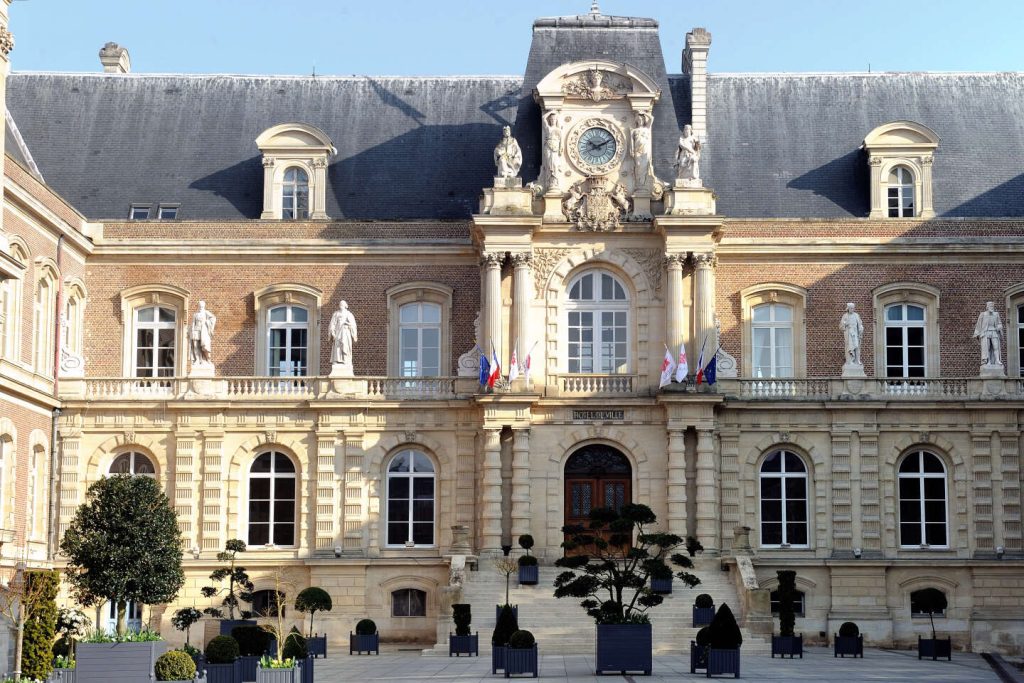An order aiming to ban “begging” in several streets of Amiens was issued by the mayor of the city, Brigitte Fouré (Union des démocrates et indépendants, UDI), on Friday, April 26. This ban will be effective from May 1st to August 31st, “from Tuesday to Saturday, from 8 am to 8 pm,” specifies the text. In the reasons for the order, Mrs. Fouré believes that “begging in the streets of the city center of Amiens, around shops, continuously and statistically, constitutes an abusive occupation of the public domain likely to cause disturbances to public order by generating gatherings with sometimes alcohol consumption”. The mayor also justifies this order by “the recurrent complaints of shopkeepers as well as the multiple interventions of law enforcement to stop these disturbances to public order (aggressive begging, alcohol consumption, hindrance to the free movement of pedestrians)”.
Mrs. Fouré had announced a month ago her intention to sign this order “on an experimental basis.” “Sometimes, we have homeless people who can be aggressive and who can have the effect of driving customers away from shops,” she had explained. The mayor had then specified that municipal police officers could “ask people to behave differently or go elsewhere,” as fining them had little effect on them, according to the elected official. Interrogated about the possible link between this measure and the Olympic Games and the potential relocation of homeless people during the summer, Mrs. Fouré expressed concern about “seeing people who have nothing to do with [her] city arriving there because they would be driven out of Paris, in particular,” while emphasizing that she had no evidence to support this at the moment.
More than a hundred people had gathered in the city on April 3, at the urging of the association Maraudes citoyennes amiénoises, to oppose this measure. In an open letter published on Facebook before this demonstration, members of the association called on the mayor not to implement this order, which they deemed “inhuman.” “Begging is not a pleasure or a career, it is a way to survive,” they protested. Orders against begging have already been issued by several French cities in recent years, such as La Rochelle or Angoulême last summer. The measure taken in Angoulême, which aimed to ban “sitting or lying down,” had nevertheless been partially suspended by the administrative court, which considered that this order was “too general and insufficiently specific.”
The debate around the ban on begging continues in Amiens, with supporters and opponents expressing their views on the issue. While the mayor justifies the order as necessary to maintain public order and respond to complaints from shopkeepers and law enforcement, opponents argue that it is inhumane to target homeless individuals who rely on begging to survive. Similar measures in other French cities have faced legal challenges, highlighting the complexity of balancing public order concerns with the rights of marginalized individuals. The ongoing discussion reflects broader societal debates about poverty, homelessness, and social exclusion, raising questions about the effectiveness and ethical implications of such bans.


